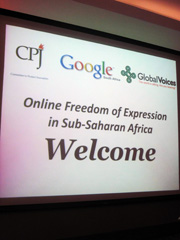
The Internet in East Africa: An aid or a weapon?
Frank Nyakairu has seen it all. A veteran war reporter, he has covered the horrors of northern Uganda and Somalia, among others places. And throughout this time of rich but often appalling experiences, he has also seen the auspicious–and sometimes terrifying–impact the Internet has had on East African reporters. Nyakairu spoke at a recent workshop held…

At NYU, South Africa’s Motlanthe defends press policies
On Monday, in a public lecture at New York University, South African Deputy President Kgalema Motlanthe described as irreversible the democratic gains made since the end of apartheid, including the advancement of press freedom. “We have a constitution which guarantees basic human rights such as freedom of association, freedom of the press, and the independent…
In South Africa, judge orders probe into censorship at SABC
In South Africa, a judge this week ordered an official investigation into allegations that a former news executive for national public broadcaster SABC had muted critical voices and skewed coverage of major events–like the aftermath of Zimbabwe’s 2005 election in favor of the ruling party. The ruling comes amid a contentious press freedom debate stirred…
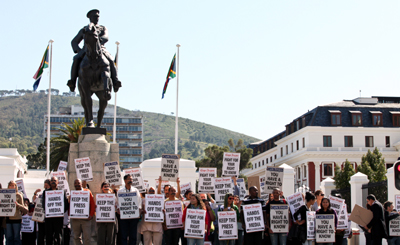
South Africa resumes debate on secrecy bill
Parliamentary hearings on South Africa’s Protection of Information Bill resumed last week with heated debate over provisions threatening to restrict press freedom and access to information. For journalists, much uncertainty remains over the final product and when it will be completed.
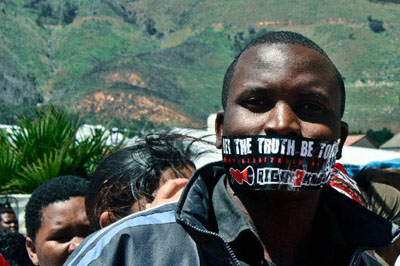
South Africans end week of “secrecy bill” protests
On Wednesday, just before South African lawmakers were scheduled to debate amendments to the controversial Protection of Information Bill, thousands of protesters marched to the gates of Parliament in Cape Town to oppose the measure, which they called an “apartheid-style secrecy bill.” The marchers represented a broad coalition of media, academia, trade unions and civil…
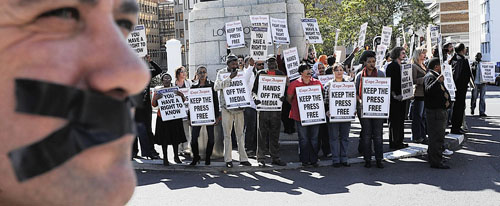
In South Africa, echoes of Black Wednesday
On October 19, 1977, South Africa’s government banned The World newspaper, along with Weekend World, the paper’s weekly magazine, and Pro Veritate, a Christian publication. Authorities also detained scores of activists and outlawed 17 anti-apartheid groups during the one-day crackdown, which came to be known as Black Wednesday.
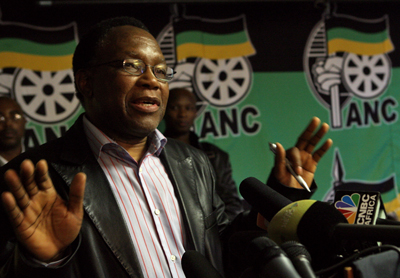
South Africa weighs dropping media tribunal plan
For the first time in South Africa’s months-long debate over the proposal for a government-run media appeals tribunal, a top official from the African National Congress (ANC) indicated on Friday that the plan could be dropped altogether–under certain conditions.
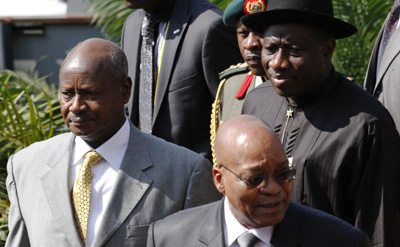
With media plan, ANC copies Nigeria’s military rulers
While South Africa’s ruling African National Congress (ANC) discusses the party’s proposal for a media appeals tribunal, delegates should take note of a landmark ruling in Nigeria this year in which a High Court judge declared a government-dominated press council unconstitutional.
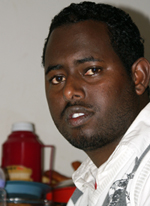
Somali journalist lives under threat, in fear in South Africa
Violence has cut through the life of 28-year-old journalist Abdulahi Ibrahim Dasar, from his high school days in Kismayo, the third-largest city in Somalia, to his life as a refugee in South Africa. The turbulence of Dasar’s life also explains his entry into journalism, a profession that has made him a target of assassination by…
